
- Article
- Article
Booze and bad behaviour
Our love of alcohol is like a party that’s lasted nine centuries. But there are signs that the demon drink is losing its appeal.

- Article
- Article
Shakespeare and the four humours
Blood. Phlegm. Black bile. Yellow bile. The theory of the four humours informed many of Shakespeare's best-known characters, including the phlegmatic Falstaff.

- Article
- Article
Dating on dopamine
Drug treatment for Parkinson’s can come with an unwanted side serving of compulsive behaviour, as Pete Langman discovered. Read about his dating journey in a dopamine cloud.
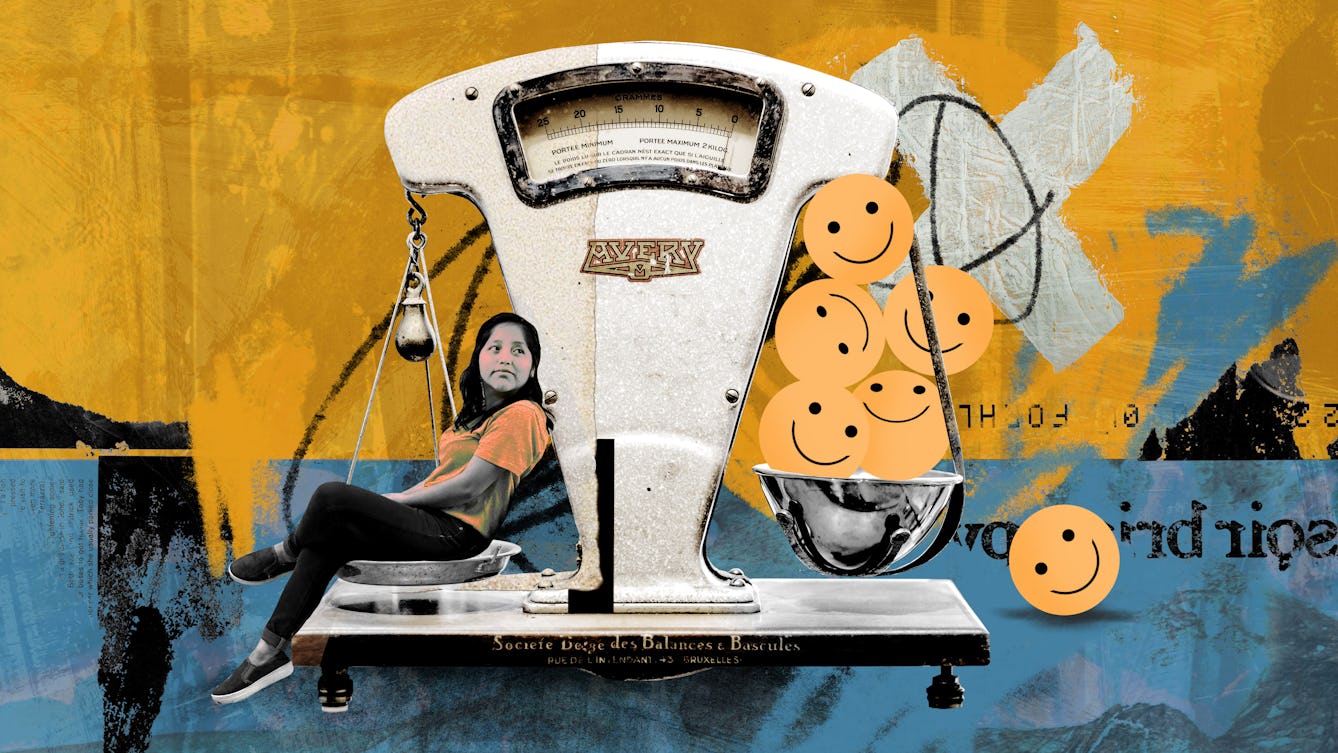
- Book extract
- Book extract
The meaning of happiness
What is happiness? Tiffany Watt Smith charts how its definition has changed over time, from chance emotion to something that can be measured and controlled.

- Article
- Article
How to play with drunk people
Lower your inhibitions and join Holly Gramazio for fast-paced games made even more fun by alcohol.

- Article
- Article
Ginger’s role in cures and courtroom battles
Some people will use a dose of ginger to help with hangovers – but it hasn’t always been a friend to the thirsty.

- Article
- Article
The solidarity of sickness
Visiting an injured friend in hospital prompts writer Sinéad Gleeson to reflect on the instant rapport forged between compatriots in the kingdom of the sick.

- Article
- Article
Doctors and the English seaside
Fashionable seaside towns in England owe much of their popularity to 18th-century doctors, who advised them to take the 'sea cure'.
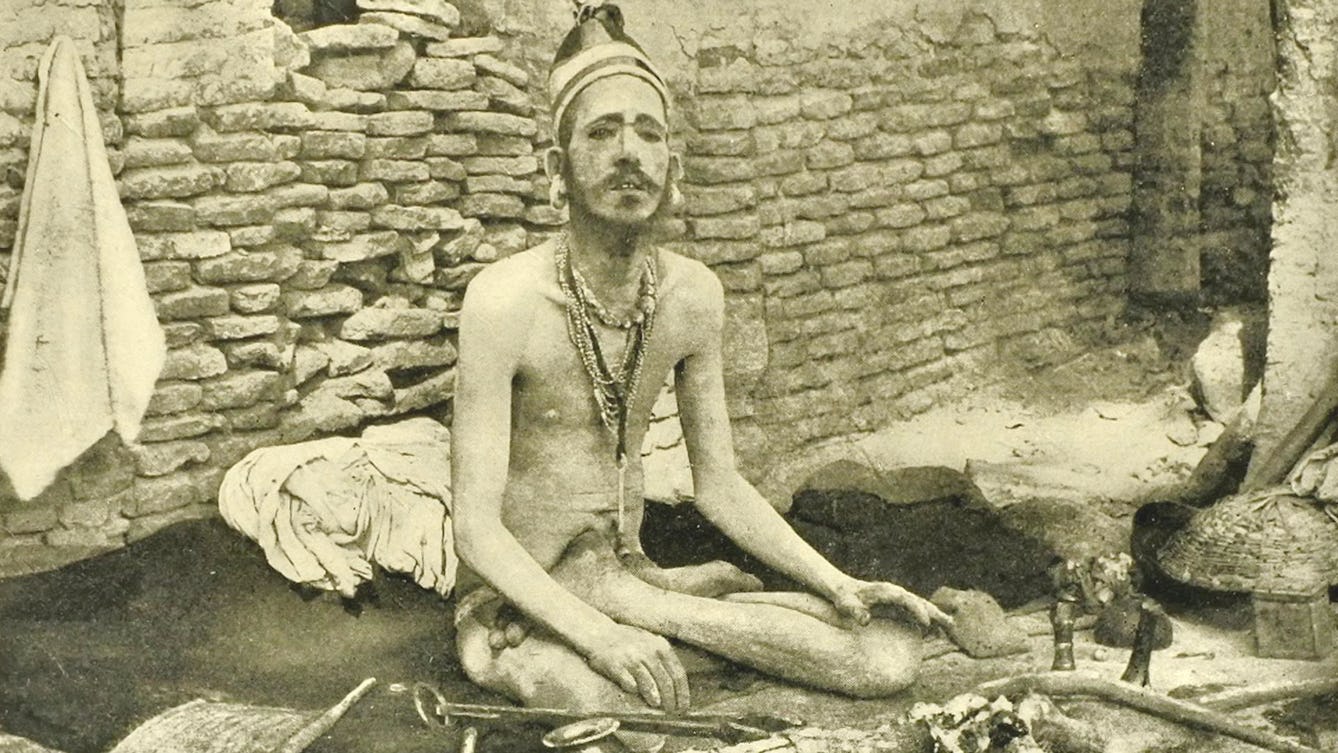
- Article
- Article
The yogi as hermit, warrior, criminal and showman
How the modern world changed the life and reputation of the yogi.
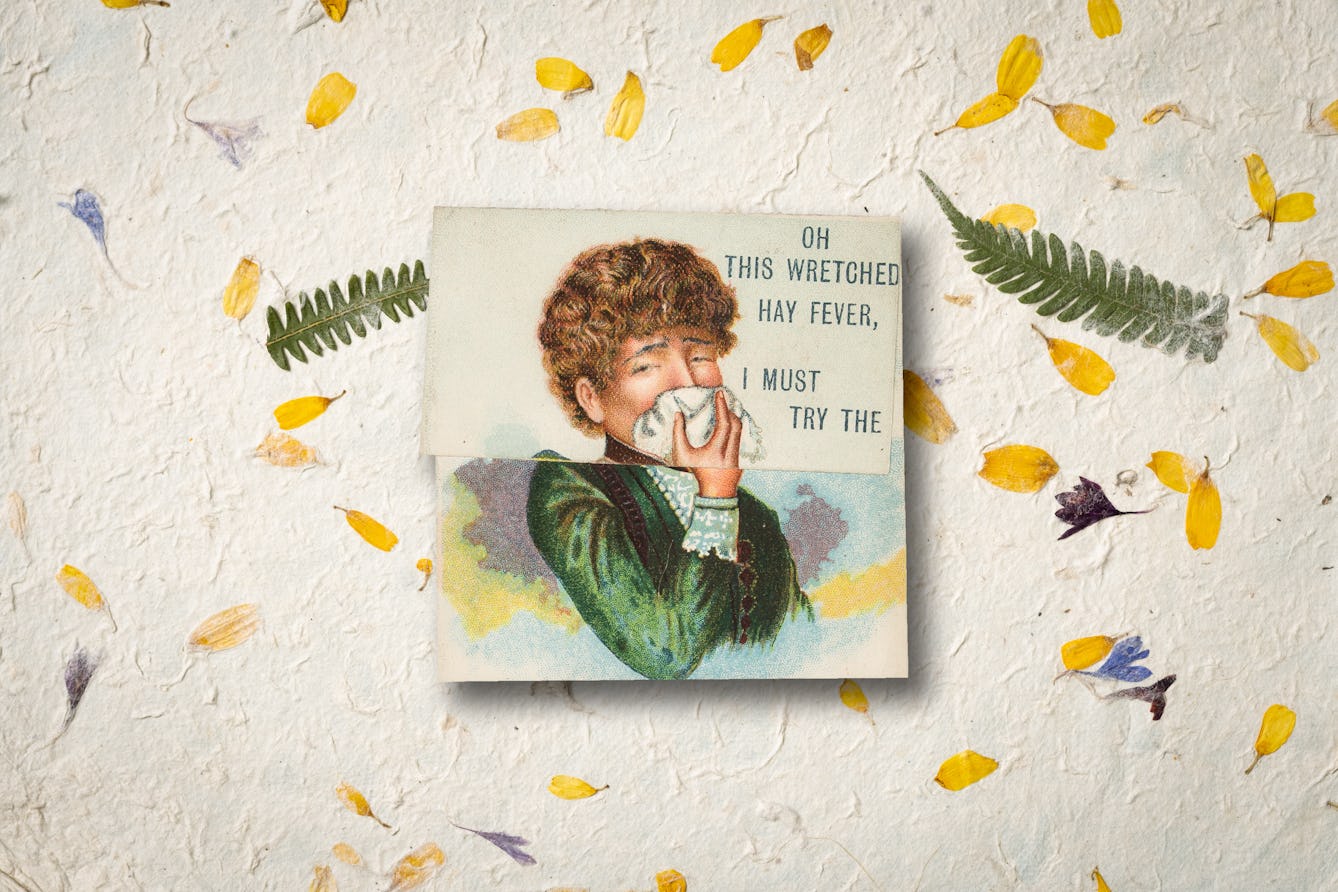
- Article
- Article
The hell of hay fever
After years suffering in silence, David Jesudason finds speaking out about his pollen allergy gives him hope for a future where his hay-fever symptoms are under control.

- Long read
- Long read
Rehab centres and the ‘cure’ for addiction
Guy Stagg takes us on a brief history of rehab centres and their approaches to addiction and recovery.

- Article
- Article
How can I stop fainting?
Fed up with the faints that bolstered her fragile young snowflake image, Gwen Smith sought expert medical help to keep her upright in trying situations.

- Article
- Article
Cloves to mull, mask and numb
Sweet, pungent, warm, woody: cloves smell and taste like Christmas. But there’s much more to this spice than that.

- Article
- Article
Believe yourself better
There’s more to recovery than medication. In future, our unconscious minds could be recruited to put a positive spin on our health problems, helping us feel better faster.

- Article
- Article
How hospital care fails disabled bodies
Hospitals aim to make sick people well. But if the sick person is also disabled, the unbending nature of monolithic hospital systems can easily worsen the situation. Here Jamie Hale writes from painful personal experience.

- Article
- Article
Nymphomania and hypersexuality in women and men
The history of nymphomania is closely bound with society's views on women and their sexuality.

- Article
- Article
The first seizure
Historian Aparna Nair had her first seizure when she was 11. Here she recalls that first time, and how other people’s reactions are sometimes the most disturbing part about having a seizure.
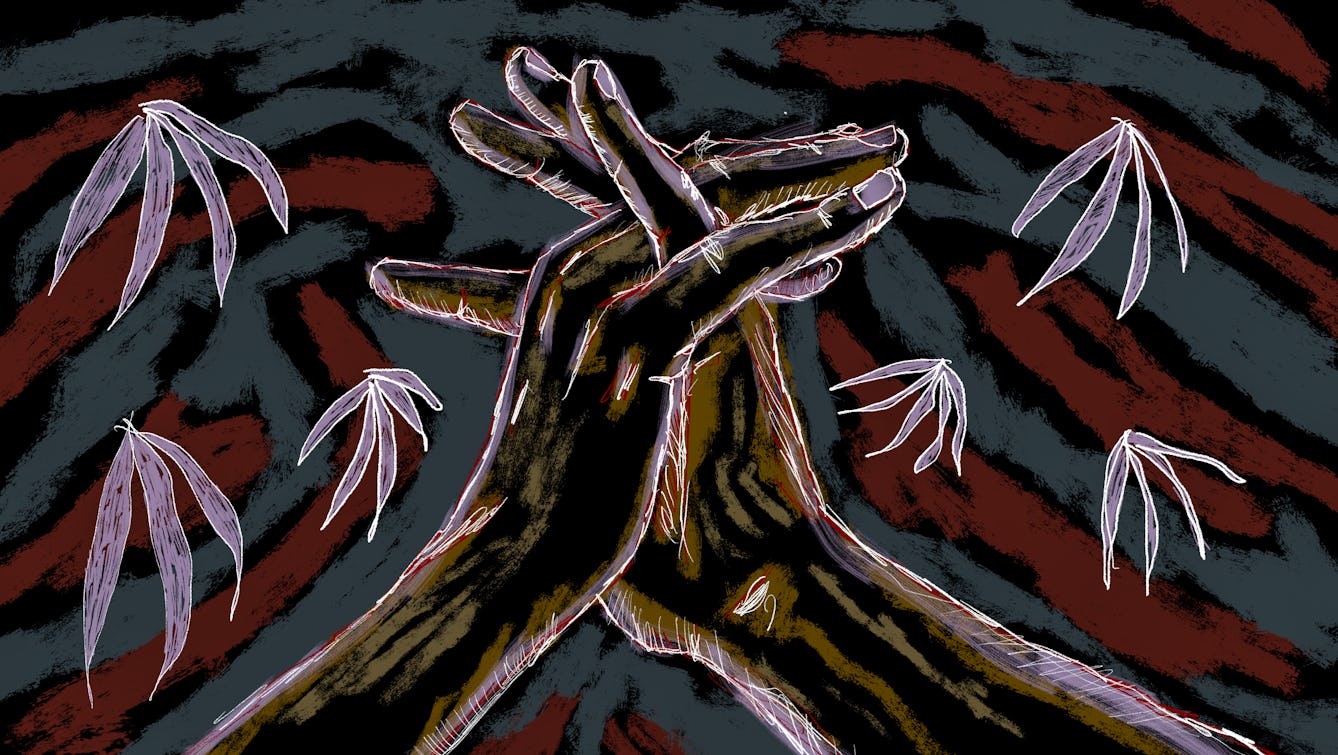
- Article
- Article
Surviving as a working-class woman without work
An enforced period of unemployment was extremely tough for Claire Hart, a working-class woman with a strong work ethic. Here she describes her feelings during this difficult time.

- Article
- Article
Hunting lost plants in botanical collections
A bark specimen at Kew recalls the story of a South American man who harvested the most potent source of the only effective malaria treatment available in the late 1800s. Killed for his work and forgotten by history, Manuel Mamani was a victim of the colonial juggernaut.

- Article
- Article
Bringing biotech to the people
Amateur scientists have inspired all kinds of frightening scenarios, from Frankenstein’s monster to ‘The Fly’ and ‘Breaking Bad’. But it can be a force for good. Today’s DIYbio enthusiasts are having fun – and even making lucrative breakthrough discoveries.

- Article
- Article
The blight of the ballooning blood vessels
In 1817 an emergency operation on a London porter was hailed a ‘success’ despite the patient’s swift demise. Find out how this case became a landmark in vascular surgery.
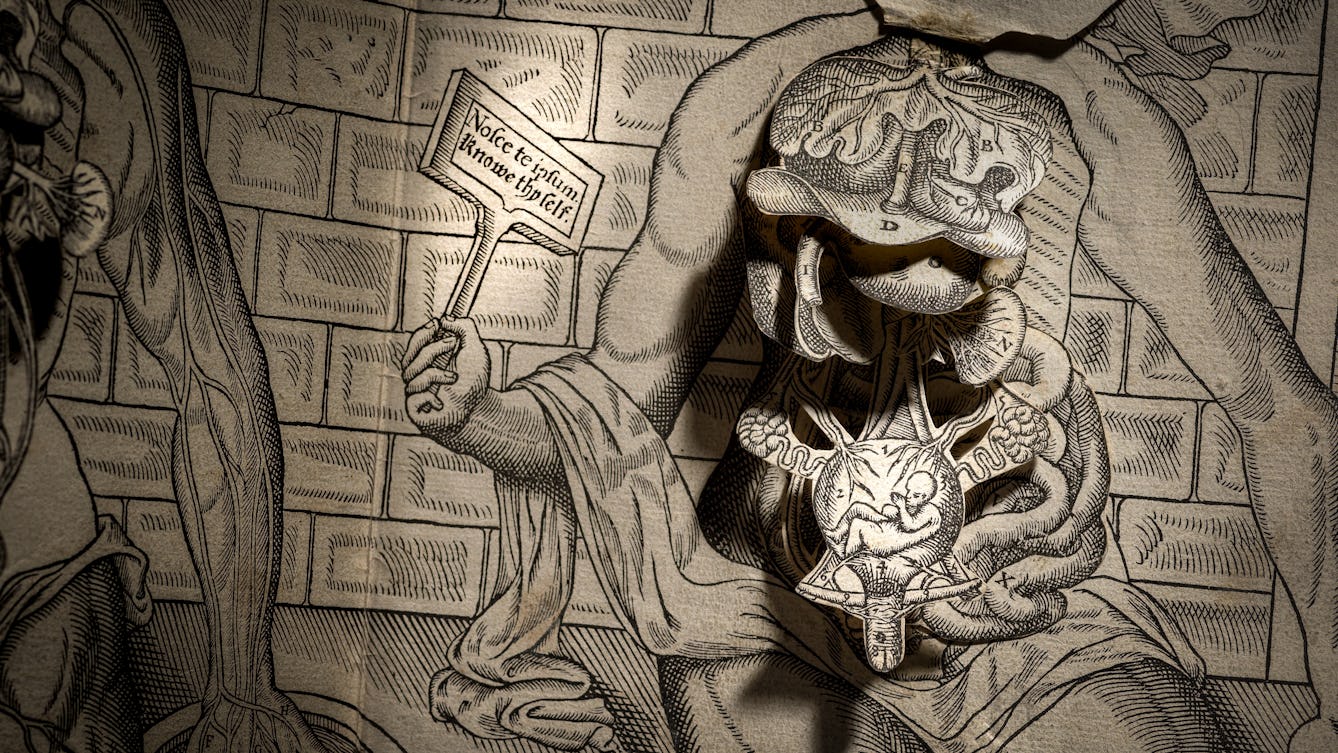
- Article
- Article
Having children as a fat woman
When she sought fertility advice, and at antenatal appointments, Ellie Levenson found that medics were openly anti-fat. Only years later can she evaluate the true repercussions of their words and actions.

- Article
- Article
The extraordinary body of Evatima Tardo
Darling of 19th-century American freak shows, Evatima Tardo remained serene as she withstood crucifixion and the bites of poisonous snakes. But she took the secret behind her abilities to her grave.

- Article
- Article
Disturbed minds and disruptive bodies
Prison officers tried to regulate women’s minds and bodies and maintain a new disciplinary routine in the second half of the 1800s.

- Article
- Article
Caring for our Disabled daughter in lockdown
Jane Holmes talks about the challenges of caring for her Disabled daughter while working and trying to stay safe during the pandemic.